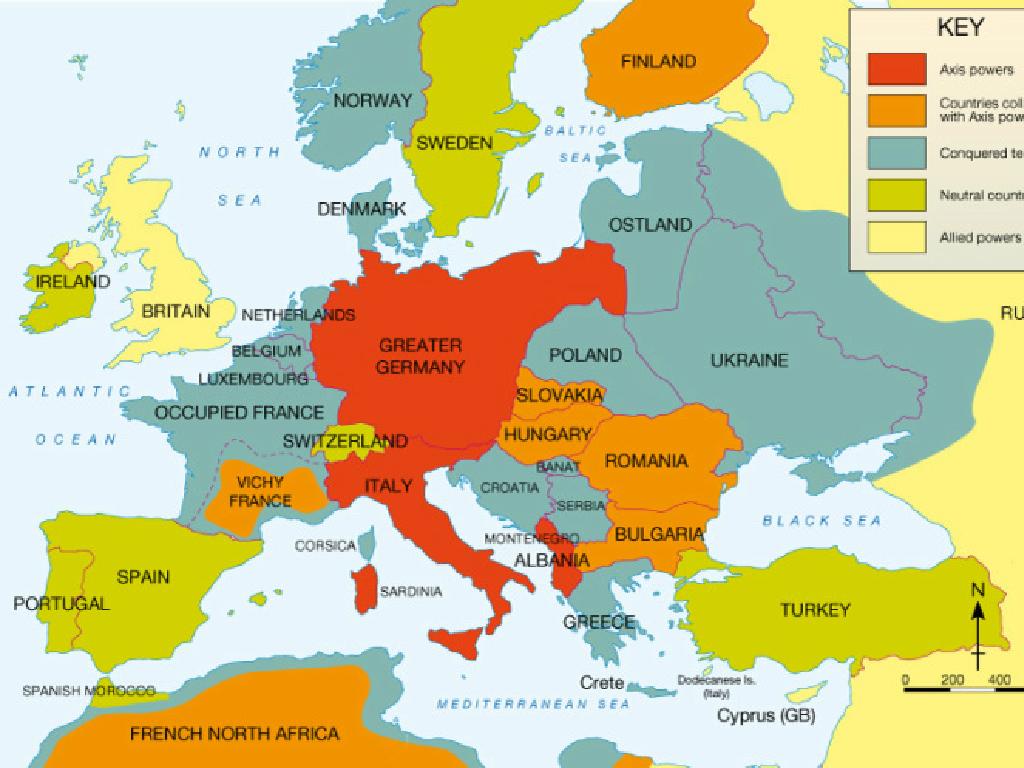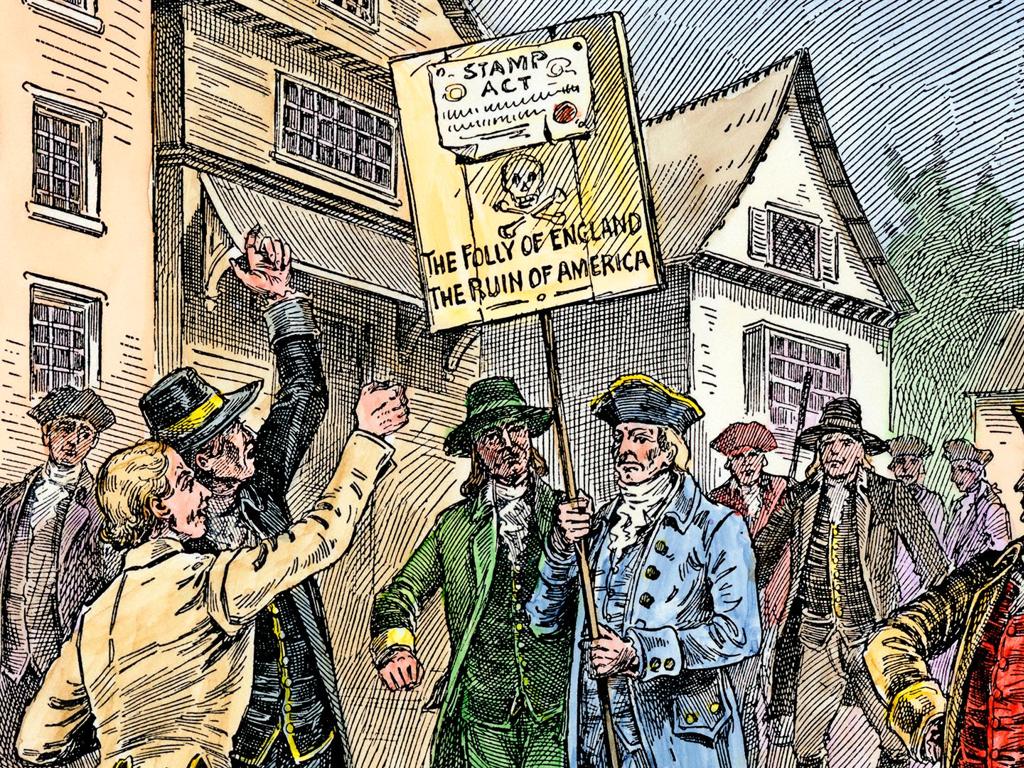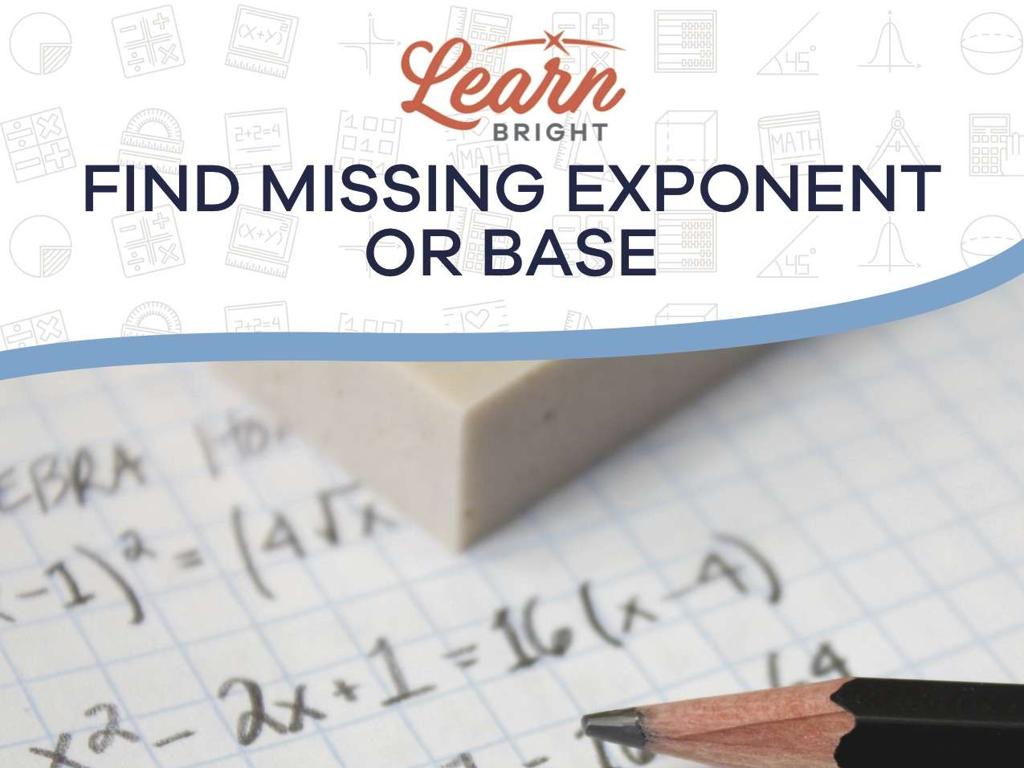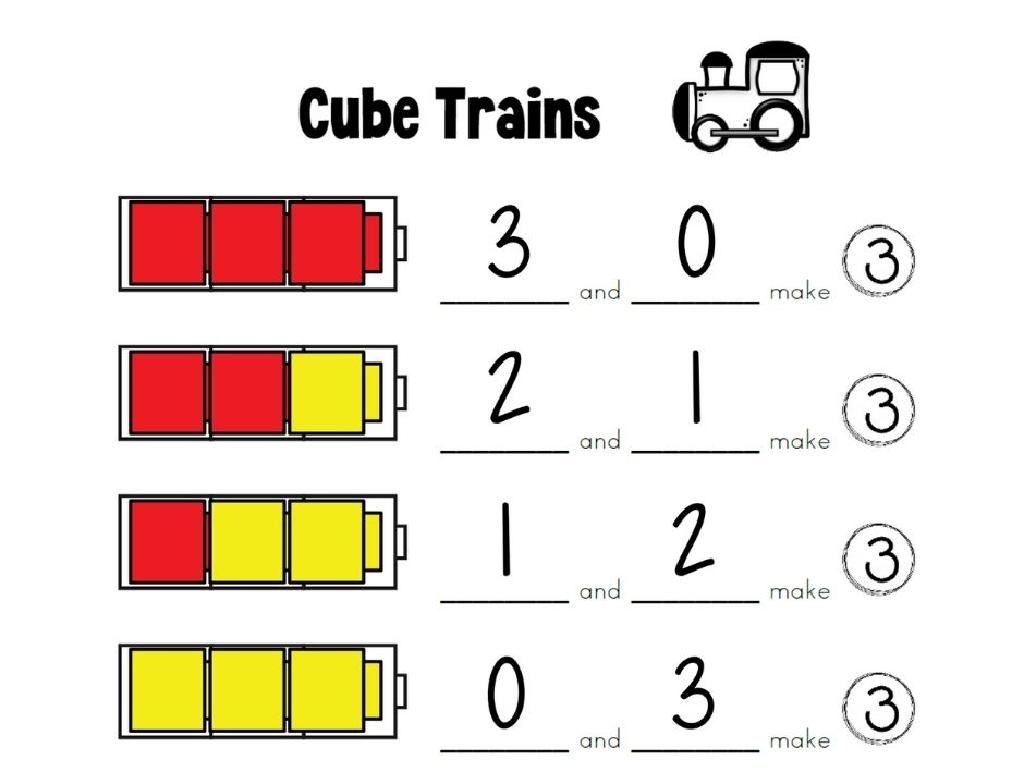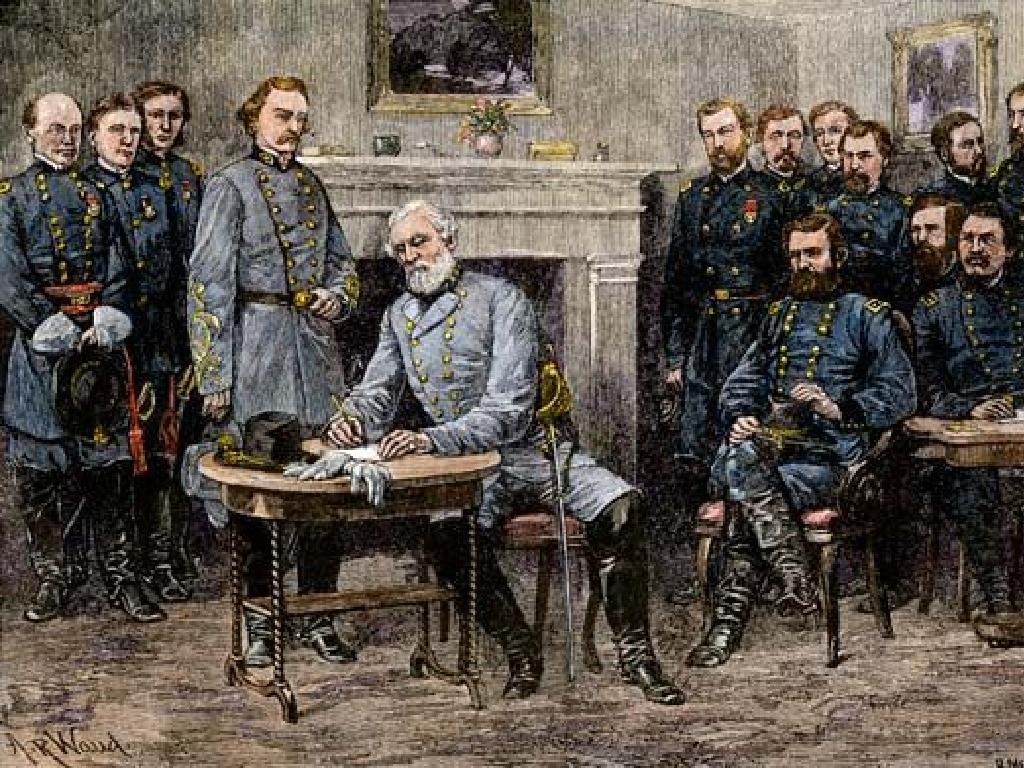Use Dictionary Entries
Subject: Language arts
Grade: Third grade
Topic: Reference Skills
Please LOG IN to download the presentation. Access is available to registered users only.
View More Content
Becoming Word Detectives with Dictionaries!
– What is a dictionary?
A book that lists words in alphabetical order and explains their meanings.
– How to use a dictionary
We look up words alphabetically and can learn about pronunciation and word types.
– Why dictionaries are important
Dictionaries help us understand words, improve our reading and writing, and learn new vocabulary.
– Practice finding words
|
Introduce the dictionary as a powerful tool for understanding language. Explain that it is organized alphabetically and includes information about word meanings, pronunciation, and part of speech. Emphasize the importance of dictionaries in learning and communication, helping students expand their vocabulary and improve their reading and writing skills. Plan an activity where students will practice looking up words, either in a physical dictionary or an online one. This will help them become familiar with the process and understand the value of using this resource as a reference.
Exploring the Dictionary
– A dictionary lists words alphabetically
– Each word has a definition and more
– Find a word’s meaning, pronunciation, and its part of speech
– Dictionaries show word usage
– Learn how to fit new words into sentences
– They are tools for better vocabulary
|
Introduce the dictionary as an essential tool for learning new words and understanding language better. Explain that words in a dictionary are arranged in alphabetical order, making it easy to find the word you’re looking for. Highlight that each entry provides not just the meaning of the word (definition), but also how to say it (pronunciation), and its function in language (part of speech). Emphasize the importance of dictionaries in showing how to correctly use words in sentences, which can help students improve their writing and speaking skills. Encourage students to use dictionaries regularly to become more familiar with new vocabulary and to enhance their language arts proficiency.
Exploring Dictionary Entries
– Entry Word: The lookup word
– The word you want to find in the dictionary.
– Pronunciation: Saying the word
– Guides on how to pronounce the word correctly.
– Word Origin: Word’s history
– Tells us where the word originally came from.
– Definitions: Word’s meanings
– Explains what the word means.
– Part of Speech: Word’s role in a sentence
– Describes whether the word is a noun, verb, etc.
– Example Sentence: Word in use
– A sentence showing how the word is used.
|
This slide introduces students to the different parts of a dictionary entry, which is a crucial reference skill for third graders. The entry word is the word they are searching for. Pronunciation helps them learn how to say the word correctly. Word origin provides a brief history of where the word came from, which can be fascinating and informative. Definitions give the meanings of the word, which can be multiple. The part of speech indicates how the word functions in a sentence, such as a noun, verb, or adjective. Lastly, the example sentence shows the word in context, helping students understand how to use it properly. Encourage students to practice looking up words in a dictionary to become familiar with these components.
Navigating the Dictionary: Guide Words
– Guide words at page tops
– They’re like signposts in a dictionary
– First and last words on a page
– If looking for ‘cat’, and you see ‘caterpillar’ as a guide word, you’re close!
– They speed up word finding
– Like a shortcut to the word you need
|
This slide introduces students to the concept of guide words in a dictionary. Guide words are located at the top of dictionary pages and are designed to help users find words more efficiently. They represent the first and last words on a dictionary page, providing a quick reference to ensure that the user is looking in the right place. When using the dictionary, students should look at these guide words to determine if their word falls within that range. For example, if a student is searching for the word ‘cat’ and they open to a page with ‘caterpillar’ as the guide word, they know they are close. Teaching students how to use guide words effectively will enhance their reference skills and make them more independent in their vocabulary development.
Using the Dictionary: Finding Words
– Steps to look up a word
– First, we’ll learn how to search for a word in the dictionary.
– Use the first letters to start
– Start with the word’s beginning letters to search quickly.
– Guide words help find pages
– Guide words at the top show the first and last words on a page.
– Read the word’s full entry
– Once found, read the entry to learn the word’s meaning and use.
|
This slide is aimed at teaching third-grade students the process of using a dictionary to look up words. Begin by explaining the importance of knowing how to use a dictionary as a reference tool. Walk them through the steps of finding a word by starting with its first two or three letters, which helps narrow down the search. Explain how guide words at the top of dictionary pages can assist in finding the right page more efficiently. Once the word is found, students should read the entire entry to understand the word’s definition, pronunciation, and part of speech. Provide examples by looking up a word together as a class and discussing the different elements of its dictionary entry.
Let’s Practice Dictionary Skills!
– Look up the word ‘Harmony’
– Find the guide words
– Guide words are at the top of dictionary pages and help locate words
– Read the entry for ‘Harmony’
– The entry gives the definition, how to use it, and more
– Understand ‘Harmony’ in context
– Use ‘Harmony’ in a sentence to grasp its meaning
|
This slide is for a class activity aimed at teaching students how to use a dictionary. Start by introducing the word ‘Harmony’ and guide the students to look it up in their dictionaries. Explain the concept of guide words and how they help in finding words quickly. Once the students find ‘Harmony’, read the entry aloud and discuss the different parts of a dictionary entry, such as the word’s definition, part of speech, pronunciation, and usage in sentences. Encourage the students to come up with their own sentences using ‘Harmony’ to ensure they understand the word in context. This activity will enhance their reference skills and their understanding of how to use a dictionary effectively.
Activity Time: Dictionary Scavenger Hunt
– Receive a list of words
– Partner up to find meanings
– Work together to look up words
– Record findings on your sheet
– Write down the definitions you find
– Share discoveries with the class
|
This activity is designed to familiarize students with using a dictionary to find the meanings of words. Provide each pair of students with a list of age-appropriate words and a scavenger hunt worksheet to fill out. Encourage them to work together to locate each word in the dictionary and discuss the meanings. After they have completed their sheets, facilitate a class discussion where students can share interesting words and definitions they discovered. This will help reinforce their reference skills and promote collaborative learning. Possible variations of the activity could include finding synonyms, antonyms, or using the words in sentences to ensure a deeper understanding of the vocabulary.
Becoming Word Detectives: Using a Dictionary
– Congratulations, word detectives!
– Mastery in using a dictionary
– You’ve learned to look up words and their meanings.
– Remember: A dictionary is a key tool
– It helps you learn spellings, pronunciations, and more.
– Keep exploring words with it!
|
Well done to all the students for their hard work in learning how to use a dictionary effectively. It’s important to reinforce the idea that a dictionary is a valuable resource for understanding new words, learning how to spell, and even how to pronounce them. Encourage the students to continue practicing their dictionary skills at home and in school, and to always be curious about new words they come across. Remind them that with a dictionary in hand, they are well-equipped to tackle any unfamiliar word they might encounter in their reading adventures.

